The first International Summer School on Marine ecotoxicology, SSME1, is organized by the Stazione Zoologica Anton Dohrn under the patronage of Ordine Nazionale dei Biologi and will take place in July 2019 from the 1st to the 5th....
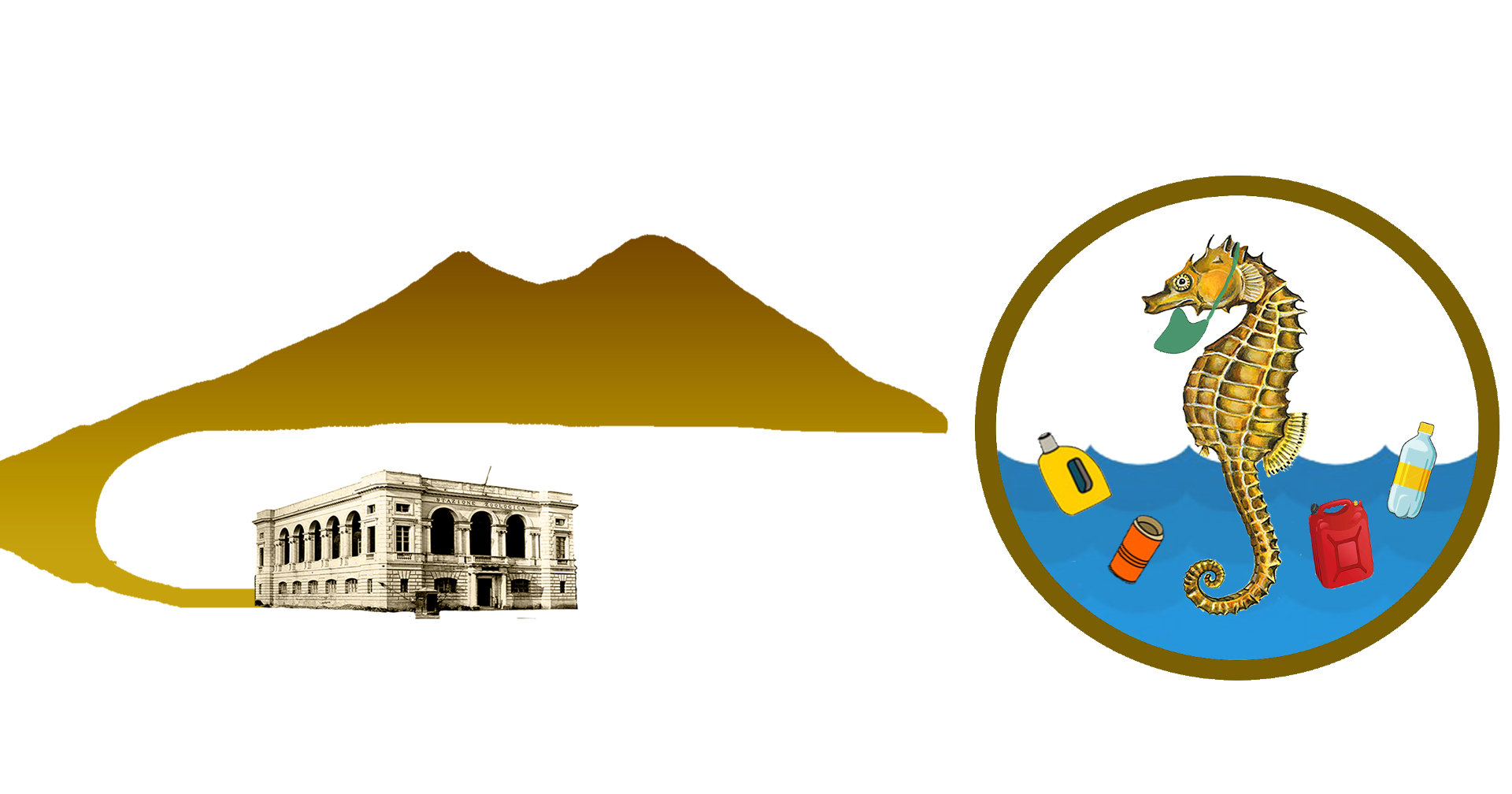
1st International Summer School on Marine Ecotoxicology
July 1-5, Stazione Zoologica Anton Dohrn, Naples Italy
Faculty
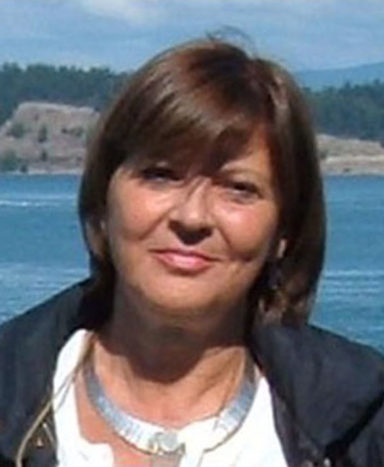
Elisabetta Tosti, is a biologist of reproduction of marine organisms with long term experience in the study of gamete physiology, mechanism of fertilization and early stages of development. Her specialist expertise is on the physiology of gamete maturation, activation and fertilization with specific focus on the electrical events occurring at the plasma membrane and the physiological role of ion channels.
In the last decade she is attending to investigate the ecotoxicological impact of marine pollution, xenobiotics (metals, organotins and nanoparticles) and climate changes (global warming and ocean acidification) on the reproductive processes and development of marine invertebrates. Specifically, the research activity is devoted to study the effect of marine environmental stress on the physiological parameters underlying gamete quality and reproductive competence in marine animal models as echinoderms, ascidians and mussels.
E. Tosti graduated in Biol. Sciences cum laude (1977, University of Napoli, Federico II) with scientific habilitation to full professor, competitive sector Bio06. She is senior scientist and group leader for marine ecotoxicology and reprotoxicology at the Stazione Zoologica of Naples (Italy), member of the Editorial Board of the international journal “Marine Drugs”, and Editor in chief of the International Journal “Marine Science Research and Development”. She is author/co-author of 100 original papers and reviews on international ISI journals. Invited speaker in numerous conferences and symposia. Tutor, supervisor and director of studies of numerous degree theses, PhD and post-doc students. Coordinator and lecturer in University Master and Summer Schools at international level.
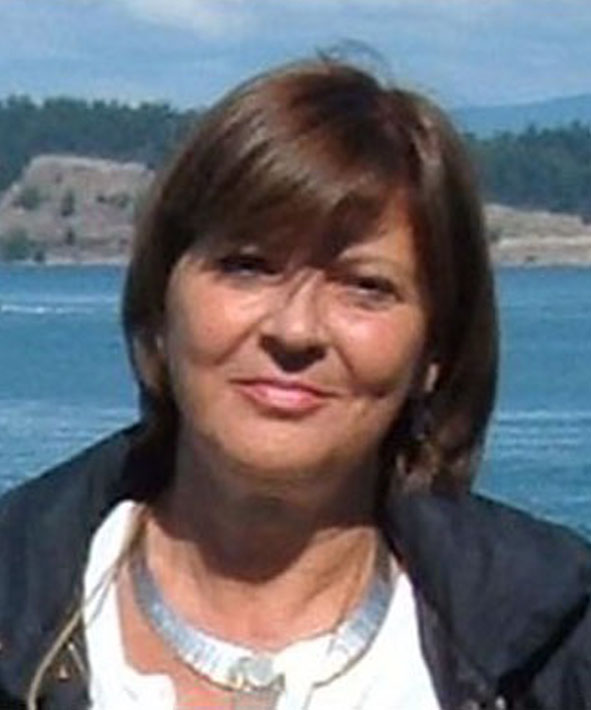
Elisabetta Tosti, is a biologist of reproduction of marine organisms with long term experience in the study of gamete physiology, mechanism of fertilization and early stages of development. Her specialist expertise is on the physiology of gamete maturation, activation and fertilization with specific focus on the electrical events occurring at the plasma membrane and the physiological role of ion channels.
In the last decade she is attending to investigate the ecotoxicological impact of marine pollution, xenobiotics (metals, organotins and nanoparticles) and climate changes (global warming and ocean acidification) on the reproductive processes and development of marine invertebrates. Specifically, the research activity is devoted to study the effect of marine environmental stress on the physiological parameters underlying gamete quality and reproductive competence in marine animal models as echinoderms, ascidians and mussels.
E. Tosti graduated in Biol. Sciences cum laude (1977, University of Napoli, Federico II) with scientific habilitation to full professor, competitive sector Bio06. She is senior scientist and group leader for marine ecotoxicology and reprotoxicology at the Stazione Zoologica of Naples (Italy), member of the Editorial Board of the international journal “Marine Drugs”, and Editor in chief of the International Journal “Marine Science Research and Development”. She is author/co-author of 100 original papers and reviews on international ISI journals. Invited speaker in numerous conferences and symposia. Tutor, supervisor and director of studies of numerous degree theses, PhD and post-doc students. Coordinator and lecturer in University Master and Summer Schools at international level.
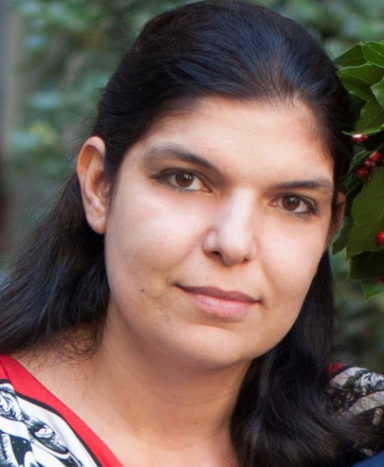
Alessandra Gallo is a biologist of reproduction with research experience in reproductive toxicology. Her specialist expertise is on the study of the effects of chemical-physical stressors on gamete quality, fertilization and embryo development in different marine organisms. Using an integrated ecotoxicological approach with standardized and innovative biological assays and analysis of gamete quality biomarkers, she studies the biological responses induced by exposure to physical stressors (global warming and ocean acidification) and classical and emerging contaminants (metals, antifoulants, nanoparticles, plastics) elucidating the mechanisms that mediate biological damage associated with marine contaminants and providing tools for assessing marine environmental quality.
A. Gallo is a post-Doc at the Stazione Zoologica of Naples (Italy), author of several publications and review on international ISI journals. Tutor of different master’s and bachelor’s theses.
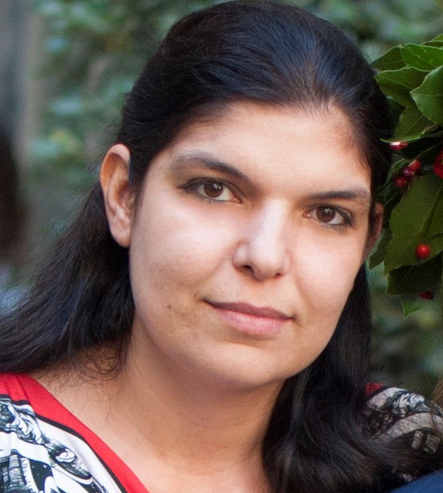
Alessandra Gallo is a biologist of reproduction with research experience in reproductive toxicology. Her specialist expertise is on the study of the effects of chemical-physical stressors on gamete quality, fertilization and embryo development in different marine organisms. Using an integrated ecotoxicological approach with standardized and innovative biological assays and analysis of gamete quality biomarkers, she studies the biological responses induced by exposure to physical stressors (global warming and ocean acidification) and classical and emerging contaminants (metals, antifoulants, nanoparticles, plastics) elucidating the mechanisms that mediate biological damage associated with marine contaminants and providing tools for assessing marine environmental quality.
A. Gallo is a post-Doc at the Stazione Zoologica of Naples (Italy), author of several publications and review on international ISI journals. Tutor of different master’s and bachelor’s theses.

Raffaele Boni is a veterinary scientist, PhD and specialized in reproductive biology. He is professor at University of Basilicata, Potenza, teaching “Biology and technology of reproduction in mammals”, “Microscopy techniques and cell cultures” and “Physiology and pathology of reproduction in animals”.
He authored many publications and books concerning artificial insemination, embryo manipulation, in vitro fertilization, gamete and embryo quality assessment in terrestrial and marine species. Since 2004 up to date, he is member of the editorial board of Theriogenology, an international journal of animal reproductive biology publishing articles on a wide range of topics in reproductive and developmental biology, of domestic mammal, avian, and aquatic species. He is peer reviewer of many scientific journals of the category Reproductive Biology. Since 2015, he has directed his scientific interest towards ecotoxicology evaluating the effects of environmental and chemical stressors on the reproductive biology of marine organisms.
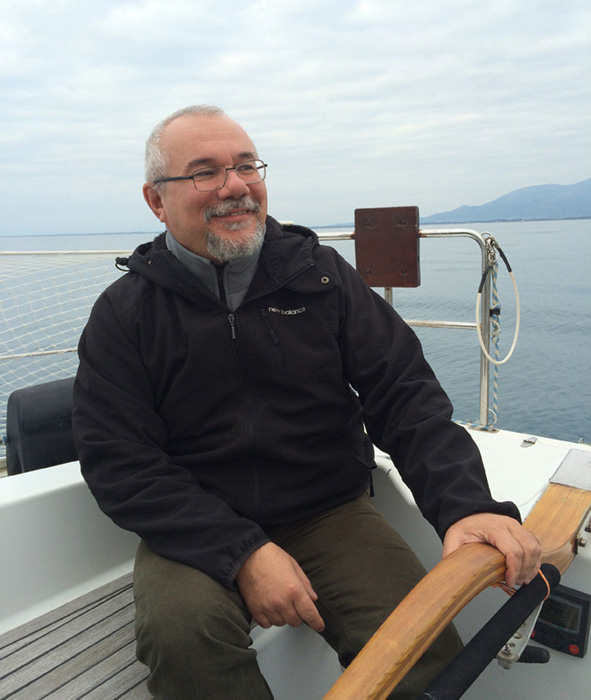
Raffaele Boni is a veterinary scientist, PhD and specialized in reproductive biology. He is professor at University of Basilicata, Potenza, teaching “Biology and technology of reproduction in mammals”, “Microscopy techniques and cell cultures” and “Physiology and pathology of reproduction in animals”.
He authored many publications and books concerning artificial insemination, embryo manipulation, in vitro fertilization, gamete and embryo quality assessment in terrestrial and marine species. Since 2004 up to date, he is member of the editorial board of Theriogenology, an international journal of animal reproductive biology publishing articles on a wide range of topics in reproductive and developmental biology, of domestic mammal, avian, and aquatic species. He is peer reviewer of many scientific journals of the category Reproductive Biology. Since 2015, he has directed his scientific interest towards ecotoxicology evaluating the effects of environmental and chemical stressors on the reproductive biology of marine organisms.
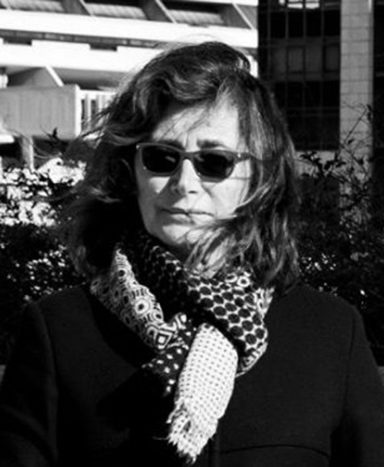
Maria Cristina Buia has been working for 30 years in the field of marine ecology focusing her researches on benthic vegetated systems, with particular focus in the Mediterranean Sea. Due to the complexity of these systems, she conducted researches at different spatial and temporal scales with a multidisciplinary approach, integrating taxonomic, molecular, chemical and eco-physiological knowledge, along with personal experience in the application of field and diving techniques. Her main researches concern adaptive responses of marine seagrasses and benthic algae (including alien species) to environmental and climatic changes. Her studies on anthropogenic pressure-impacts connections have been accompanied by researches on the effects of ocean acidification and the Ischia volcanic CO2 vents have been used as a natural laboratory to investigate changes at species and communities levels. In addition, transplantation experiments have been performed to detect short- and long-term ultrastuctural and functional differences to naturally increased pCO2 and reduced pH ion concentration.
MC Buia is senior scientist at the Stazione Zoologica of Naples (Italy) where coordinated the former Benthic Ecology Laboratory in the Ischia Island for eight years. She is author of more than 160 publications and reviews. Tutor of 29 degree theses and 9 PhD thesis (national and international). Member of national and international PhD examination panels.

Maria Cristina Buia has been working for 30 years in the field of marine ecology focusing her researches on benthic vegetated systems, with particular focus in the Mediterranean Sea. Due to the complexity of these systems, she conducted researches at different spatial and temporal scales with a multidisciplinary approach, integrating taxonomic, molecular, chemical and eco-physiological knowledge, along with personal experience in the application of field and diving techniques. Her main researches concern adaptive responses of marine seagrasses and benthic algae (including alien species) to environmental and climatic changes. Her studies on anthropogenic pressure-impacts connections have been accompanied by researches on the effects of ocean acidification and the Ischia volcanic CO2 vents have been used as a natural laboratory to investigate changes at species and communities levels. In addition, transplantation experiments have been performed to detect short- and long-term ultrastuctural and functional differences to naturally increased pCO2 and reduced pH ion concentration.
MC Buia is senior scientist at the Stazione Zoologica of Naples (Italy) where coordinated the former Benthic Ecology Laboratory in the Ischia Island for eight years. She is author of more than 160 publications and reviews. Tutor of 29 degree theses and 9 PhD thesis (national and international). Member of national and international PhD examination panels.

Isabella Buttino is a marine biologist with experience on the physiology and ecology of marine plankton, in particular pelagic copepods. As researcher at the Stazione Zoologica of Naples (Italy) she was responsible of the Confocal laser scanning microscopy facility and contributed to the understanding of the diatom-copepod interactions. In ISPRA since 2008 she contributed to the constitution of a new laboratory: Aquatic Ecotoxicology and Plankton Biology Laboratory to favor researches in the field of marine ecotoxicology using marine planktonic organisms as models. Cultivation of marine model organisms is a priority for obtaining reproducible data in bioassays and to proposer standardized protocols. Main interests are to investigate on the effects of emerging contaminants (such as nanomaterials) on the reproduction and larval development of marine copepods and sea urchin, which in turn may have a strong impact on the marine productivity at sea. Coupling toxicological effects with genomic responses induced by contaminants is the last frontiers to understand the impact of chemicals on marine planktonic organisms.
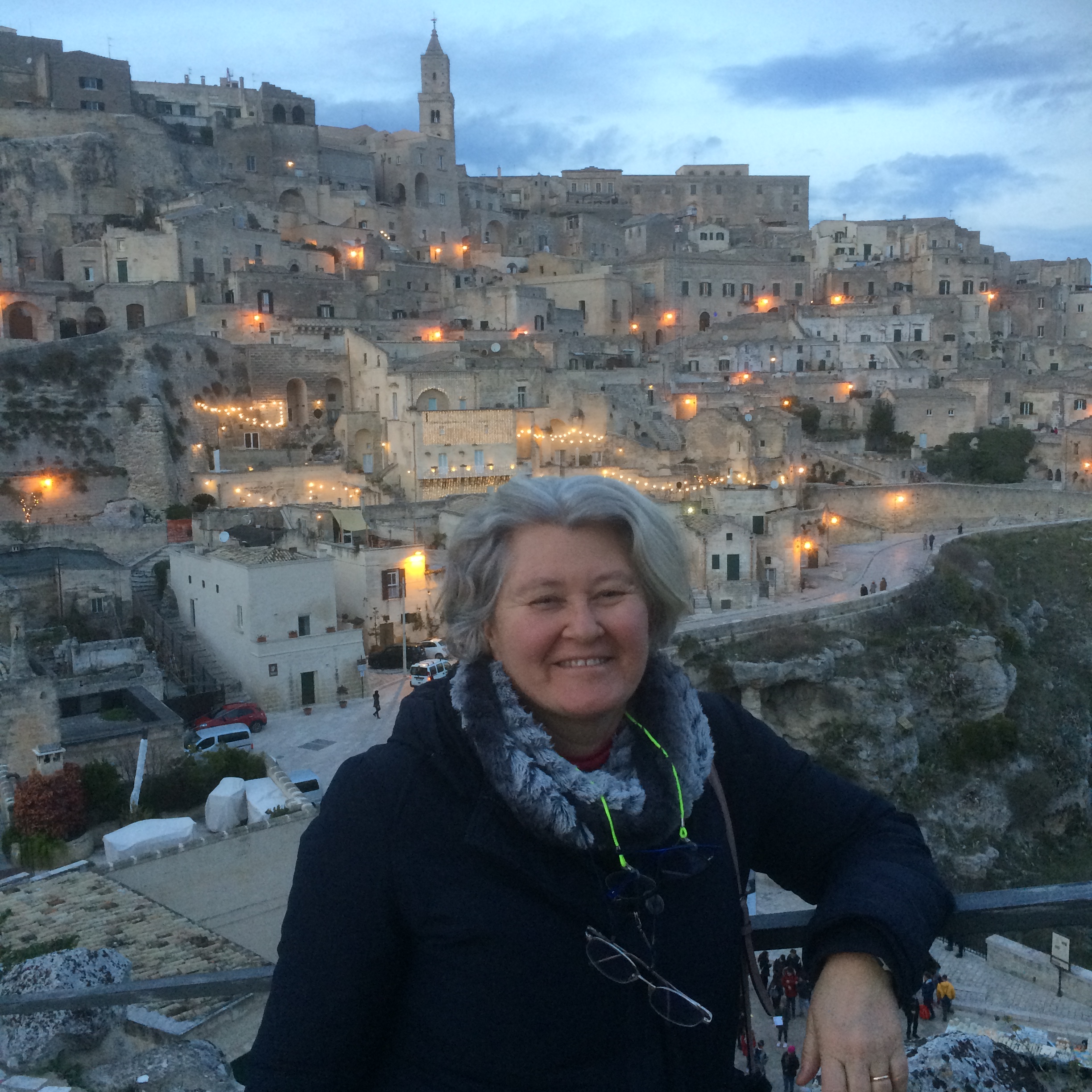
Isabella Buttino is a marine biologist with experience on the physiology and ecology of marine plankton, in particular pelagic copepods. As researcher at the Stazione Zoologica of Naples (Italy) she was responsible of the Confocal laser scanning microscopy facility and contributed to the understanding of the diatom-copepod interactions. In ISPRA since 2008 she contributed to the constitution of a new laboratory: Aquatic Ecotoxicology and Plankton Biology Laboratory to favor researches in the field of marine ecotoxicology using marine planktonic organisms as models. Cultivation of marine model organisms is a priority for obtaining reproducible data in bioassays and to proposer standardized protocols. Main interests are to investigate on the effects of emerging contaminants (such as nanomaterials) on the reproduction and larval development of marine copepods and sea urchin, which in turn may have a strong impact on the marine productivity at sea. Coupling toxicological effects with genomic responses induced by contaminants is the last frontiers to understand the impact of chemicals on marine planktonic organisms.
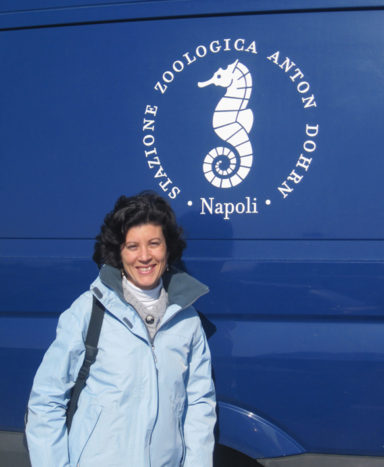
Ylenia Carotenuto is a biologist and plankton ecologist at the Stazione Zoologica Anton Dohrn of Naples (Italy). Her research interests focus on crustacean copepods, which represent a direct link between primary producers and higher trophic levels, and are also used in standardized ecotoxicology tests to assess the impact of chemicals and other contaminants on marine plankton. Her expertise is on copepod reproduction, development, gene expression and transcriptomic, in relation to biotic (toxins, algal secondary metabolites) and abiotic (xenobiotics) factors. In the last years, she has specifically addressed her attention on understanding the molecular mechanism of action of algal toxins and anthropogenic emerging contaminants (nanoparticles), on copepods. Her research activity involves multiple approaches spanning from measurements of individual life-history parameters (i.e. ingestion rates, egg production and viability, larval survivorship), to quantitative gene expression analysis (RT-qPCR) and Next Generation Sequencing (RNA-Seq). Her attention is focused on either model copepod species exposed to the toxicants in laboratory-controlled conditions, or wild specimens of ecologically-relevant species collected during toxic algal blooms. Y. Carotenuto is authors of about 40 publications and reviews on international ISI journals and has supervised several PhD and Master thesis students.
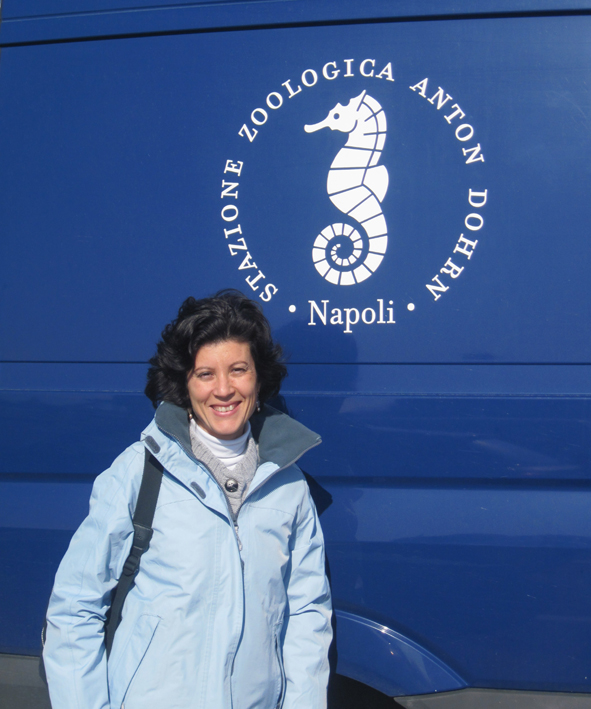
Ylenia Carotenuto is a biologist and plankton ecologist at the Stazione Zoologica Anton Dohrn of Naples (Italy). Her research interests focus on crustacean copepods, which represent a direct link between primary producers and higher trophic levels, and are also used in standardized ecotoxicology tests to assess the impact of chemicals and other contaminants on marine plankton. Her expertise is on copepod reproduction, development, gene expression and transcriptomic, in relation to biotic (toxins, algal secondary metabolites) and abiotic (xenobiotics) factors. In the last years, she has specifically addressed her attention on understanding the molecular mechanism of action of algal toxins and anthropogenic emerging contaminants (nanoparticles), on copepods. Her research activity involves multiple approaches spanning from measurements of individual life-history parameters (i.e. ingestion rates, egg production and viability, larval survivorship), to quantitative gene expression analysis (RT-qPCR) and Next Generation Sequencing (RNA-Seq). Her attention is focused on either model copepod species exposed to the toxicants in laboratory-controlled conditions, or wild specimens of ecologically-relevant species collected during toxic algal blooms. Y. Carotenuto is authors of about 40 publications and reviews on international ISI journals and has supervised several PhD and Master thesis students.

Ilaria Corsi is a marine ecotoxicologist mainly working on legacy and emerging pollutants including nanomaterials and nanoplastics and their environmental behavior and biological effects on marine organisms. Main research interests are: (i) the validation and development of ecotoxicological tools able to understand fate, behavior and effects of pollutants and (nano)materials from single cell up to organism level with the aim to assess overall impact on natural ecosystem; (ii) biomonitoring pollution distribution and impact using bioindicators of temperate environments including remote areas as Antarctica; (iii) ecological risk assessment by using an integrated ecotoxicological approach based on chemical analysis and biomarkers responses in bioindicator/key species; (iv) elucidate the chemico-biological interactions occurring between single molecules and nanomaterials and biota and how they affect their behavior and effects from single organism up to population and community levels.
Ilaria Corsi is leader of the Ecotoxicology and Biological Monitoring Research group of the Department of Physical, Earth and Environmental Sciences of the University of Siena (Italy). She has been coordinator of several National and International research projects. She has been involved in the organization of several international workshop and conferences and as invited speakers. She is a member of the editorial Board of PlosOne and responsible of the Marine Ecotox Focus Group of the Nanosafety Cluster of the European Commission. She is authors of more than 140 publications on international and peer reviewed ISI journals and 10 book chapters. Guest-Editor of a special issues on Marine Environmental Research: Particles in the Oceans and co-Editor of the upcoming book Ecotoxicology of nanoparticles in aquatic ecosystems, CRC Press, Taylor & Francis. She is member of the panel for evaluation of projects for EU Commission and other international institutions. Tutor, supervisor and director of numerous degree thesis, PhD and post-doc students. Research Chair in Ecotoxicology and Adjunct Professor at the University of Siena.
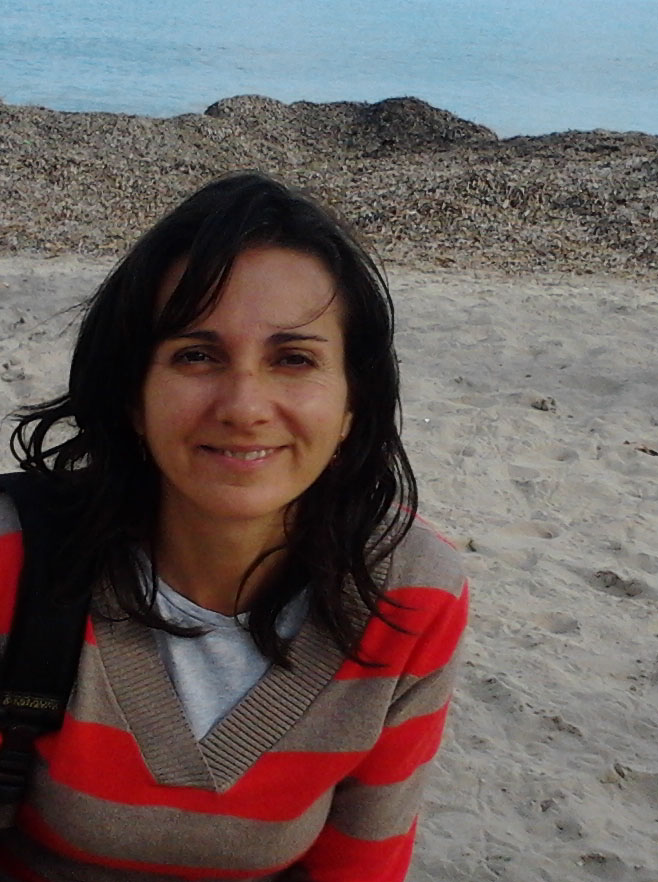
Ilaria Corsi is a marine ecotoxicologist mainly working on legacy and emerging pollutants including nanomaterials and nanoplastics and their environmental behavior and biological effects on marine organisms. Main research interests are: (i) the validation and development of ecotoxicological tools able to understand fate, behavior and effects of pollutants and (nano)materials from single cell up to organism level with the aim to assess overall impact on natural ecosystem; (ii) biomonitoring pollution distribution and impact using bioindicators of temperate environments including remote areas as Antarctica; (iii) ecological risk assessment by using an integrated ecotoxicological approach based on chemical analysis and biomarkers responses in bioindicator/key species; (iv) elucidate the chemico-biological interactions occurring between single molecules and nanomaterials and biota and how they affect their behavior and effects from single organism up to population and community levels.
Ilaria Corsi is leader of the Ecotoxicology and Biological Monitoring Research group of the Department of Physical, Earth and Environmental Sciences of the University of Siena (Italy). She has been coordinator of several National and International research projects. She has been involved in the organization of several international workshop and conferences and as invited speakers. She is a member of the editorial Board of PlosOne and responsible of the Marine Ecotox Focus Group of the Nanosafety Cluster of the European Commission. She is authors of more than 140 publications on international and peer reviewed ISI journals and 10 book chapters. Guest-Editor of a special issues on Marine Environmental Research: Particles in the Oceans and co-Editor of the upcoming book Ecotoxicology of nanoparticles in aquatic ecosystems, CRC Press, Taylor & Francis. She is member of the panel for evaluation of projects for EU Commission and other international institutions. Tutor, supervisor and director of numerous degree thesis, PhD and post-doc students. Research Chair in Ecotoxicology and Adjunct Professor at the University of Siena.
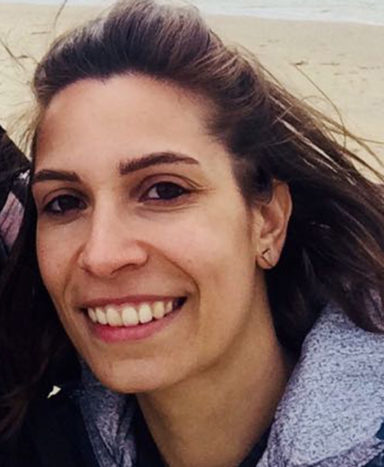
Maria Consiglia Esposito is a biologist of reproduction keen on marine pollution and its effects on reproductive fitness of marine organisms. She graduated in Biology cum laude. Her thesis analyzed the reprotoxicity of ocean acidification in the tunicate Ciona robusta, a vertebrates sister group. At present, her research activity is focusing on sea urchin as a model for development of new ecosafety nanoremediation. She is co-author of a editorial on global warming impact on marine organism reproduction. She was speaker at the 8th Biennial ECOtoxicology MEeting describing the effects of ocean acidification on male reproductive parameters in Mytilus galloprovincialis.
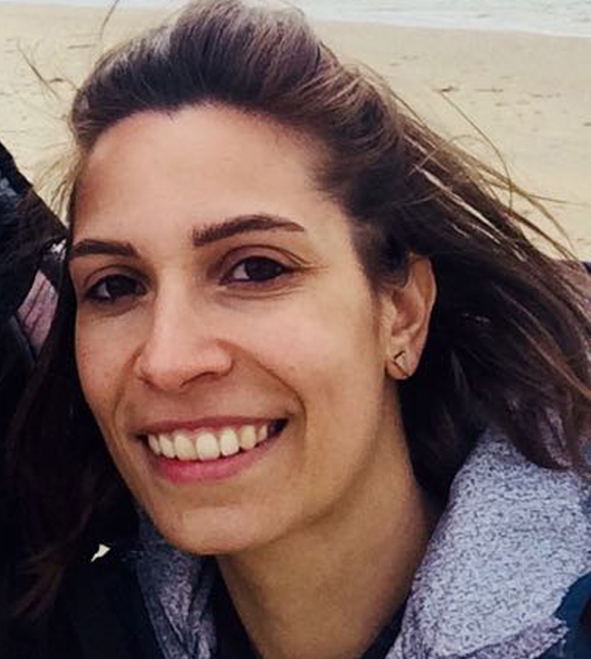
Maria Consiglia Esposito is a biologist of reproduction keen on marine pollution and its effects on reproductive fitness of marine organisms. She graduated in Biology cum laude. Her thesis analyzed the reprotoxicity of ocean acidification in the tunicate Ciona robusta, a vertebrates sister group. At present, her research activity is focusing on sea urchin as a model for development of new ecosafety nanoremediation. She is co-author of a editorial on global warming impact on marine organism reproduction. She was speaker at the 8th Biennial ECOtoxicology MEeting describing the effects of ocean acidification on male reproductive parameters in Mytilus galloprovincialis.
Marco Guida is associate professor at the Department of Biology, University of Naples Federico II, with experience in microbiology, food hygiene, health and safety in working environments, potable, mineral and thermal water quality assessment, thermal mud, sediment and soil quality assessment, and aquatic and terrestrial ecotoxicology. He is lecturer of Hygiene, Microbiology and Risk Assessment and Management. He received the national qualification for full professor. He is associate to CNR (INBB, Naples) and Stazione Zoologica Anton Dohrn (Naples). He (co-)authored 180 documents, between these 120 documents are indexed in Scopus including peer-reviewed papers, reviews, books, book chapters and editorials (ORCID 0000-0001-6805-0408). He supervised more than 200 BSc/MSc/PhD thesis. He acts as a reviewer for more than 40 ISI journals and for the evaluation of national and European research projects. His main research findings can be found in Scopus (ID: 56591992800).
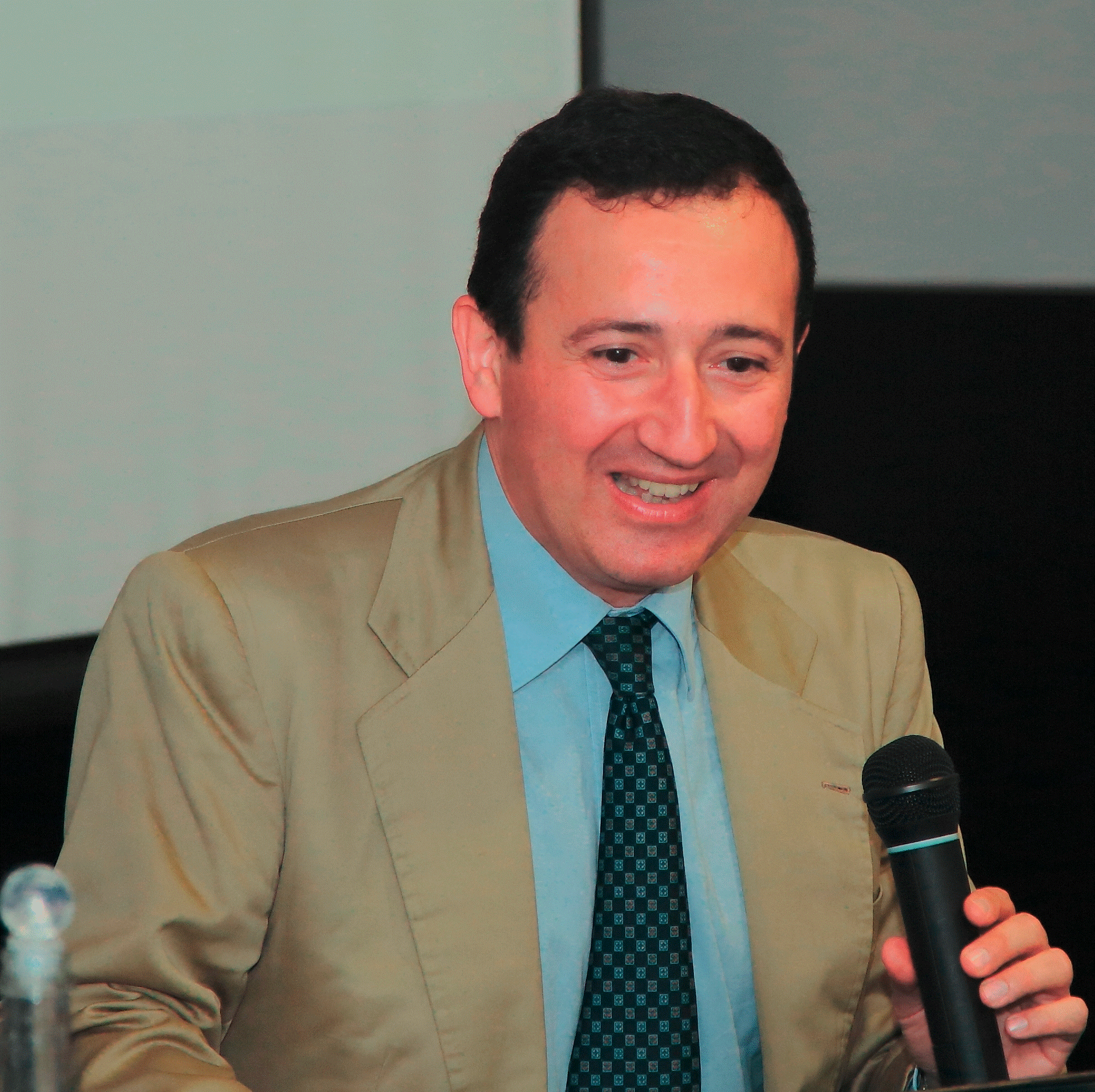
Marco Guida is associate professor at the Department of Biology, University of Naples Federico II, with experience in microbiology, food hygiene, health and safety in working environments, potable, mineral and thermal water quality assessment, thermal mud, sediment and soil quality assessment, and aquatic and terrestrial ecotoxicology. He is lecturer of Hygiene, Microbiology and Risk Assessment and Management. He received the national qualification for full professor. He is associate to CNR (INBB, Naples) and Stazione Zoologica Anton Dohrn (Naples). He (co-)authored 180 documents, between these 120 documents are indexed in Scopus including peer-reviewed papers, reviews, books, book chapters and editorials (ORCID 0000-0001-6805-0408). He supervised more than 200 BSc/MSc/PhD thesis. He acts as a reviewer for more than 40 ISI journals and for the evaluation of national and European research projects. His main research findings can be found in Scopus (ID: 56591992800).
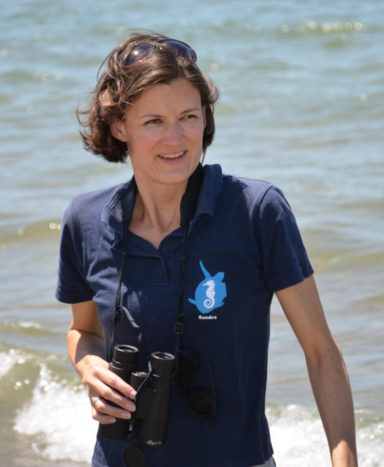
Sandra Hochscheid is a marine biologist with an interest in how marine animals make use of the three dimensional space and how they behave in relation to their physiological capacity and the surrounding environmental conditions. In particular, she is intrigued by the physiological adaptations of air-breathing marine animals and how they organize their underwater activities around the necessity to return to the surface to breathe. For this scope she has been using a wide range of telemetry devices including satellite relay data loggers and archival tags with an array of environmental and movement sensors. She is generally interested in applying knowledge gained from scientific studies on physiological mechanisms and behavioural patterns of marine animals, especially marine turtles, to improve their management and conservation and to promote animal welfare in research and maintenance.
S. Hochscheid is the Head of the Aquarium Unit including the Marine Turtle Research Center at Portici of the Stazione Zoologica Anton Dohrn (Italy), and Associate Editor of the international journals “Endangered Species Research” and “Chelonian Conservation and Biology”. Based on her scientific achievements and commitments to the conservation of sea turtles she has been elected as Regional Vice Chair for the Mediterranean for the IUCN Marine Turtle Specialists Group.
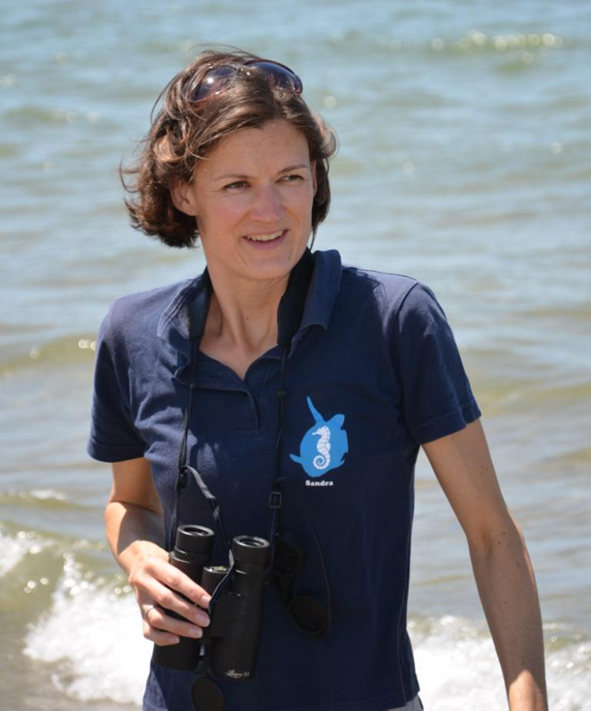
Sandra Hochscheid is a marine biologist with an interest in how marine animals make use of the three dimensional space and how they behave in relation to their physiological capacity and the surrounding environmental conditions. In particular, she is intrigued by the physiological adaptations of air-breathing marine animals and how they organize their underwater activities around the necessity to return to the surface to breathe. For this scope she has been using a wide range of telemetry devices including satellite relay data loggers and archival tags with an array of environmental and movement sensors. She is generally interested in applying knowledge gained from scientific studies on physiological mechanisms and behavioural patterns of marine animals, especially marine turtles, to improve their management and conservation and to promote animal welfare in research and maintenance.
S. Hochscheid is the Head of the Aquarium Unit including the Marine Turtle Research Center at Portici of the Stazione Zoologica Anton Dohrn (Italy), and Associate Editor of the international journals “Endangered Species Research” and “Chelonian Conservation and Biology”. Based on her scientific achievements and commitments to the conservation of sea turtles she has been elected as Regional Vice Chair for the Mediterranean for the IUCN Marine Turtle Specialists Group.
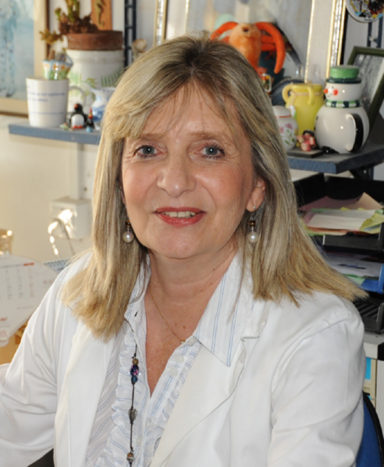
Adrianna Ianora is a marine chemical ecologist with a strong expertise in plant-animal interactions in the plankton. Her group was the first to discover that diatoms produce anti-proliferative compounds such as polyunsaturated aldehydes (PUAs) and other products deriving from the oxidation of fatty acids that potentially sabotage future generations of predatory copepods by inducing abortions, birth defects and slow development rates. This type of plant-animal interaction is new for the marine environment, since most of the known negative plant-animal interactions are related to poisoning or feeding repellence, but never to reproductive failure. To date, most research has been devoted to studies on the ecotoxicological impact of marine pollution and xenobiotics on gamete quality and reproductive success, but not much is known on how natural toxins can affect development and growth of organisms, determining trophic cascade effects on the marine community. Adrianna Ianora’s research has shown that natural toxins have multiple simultaneous functions in that they not only deter herbivore feeding but may also act as allelopathic agents against other phytoplankton cells, thereby affecting the growth of competitors, and also signalling population-level cell death and termination of blooms, with possible consequences for food web structure and community composition.
Currently she is also exploring the biotechnological applications of microalgal secondary metabolites as pharmaceuticals and is involved in a research-based spin off company (BioSEArch s.r.l.) dedicated to research on pharmaceuticals and innovative products from marine microalgae.
Adrianna Ianora is Research Director and Head of the Marine Biotechnology Department of the SZN, Member of the ERA-NET Marine Biotechnology International Advisory Group and Member of the Steering Committee of EUROMARINE Consortium. She is on the Editorial Board of several journals (PLOS ONE, Frontiers in Marine Biotechnology, Marine Ecology Progress Series, Scientia Marina) and is author of 140 ISI publications in international journals. She has served as evaluator for several European FP7 and H2020 proposals, ERC LS8 panel Consolidator grants, and Marie Skłodowska-Curie grants. Her current projects include several EU (PHARMASEA, EMBRIC, OCEAN MEDICINES, MarPipe) and national (Antarctic, PON, POR) projects. She is Tutor, Supervisor and Director of Studies of numerous PhD and Post-Doc students.
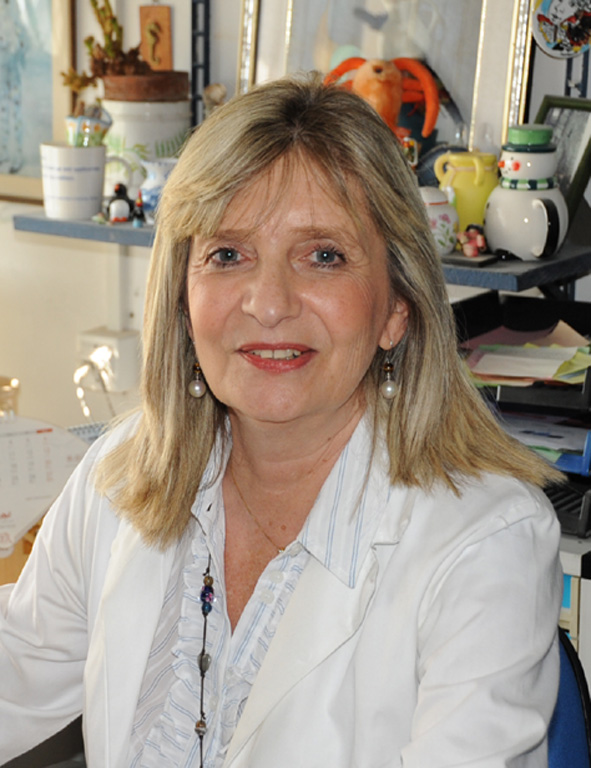
Adrianna Ianora is a marine chemical ecologist with a strong expertise in plant-animal interactions in the plankton. Her group was the first to discover that diatoms produce anti-proliferative compounds such as polyunsaturated aldehydes (PUAs) and other products deriving from the oxidation of fatty acids that potentially sabotage future generations of predatory copepods by inducing abortions, birth defects and slow development rates. This type of plant-animal interaction is new for the marine environment, since most of the known negative plant-animal interactions are related to poisoning or feeding repellence, but never to reproductive failure. To date, most research has been devoted to studies on the ecotoxicological impact of marine pollution and xenobiotics on gamete quality and reproductive success, but not much is known on how natural toxins can affect development and growth of organisms, determining trophic cascade effects on the marine community. Adrianna Ianora’s research has shown that natural toxins have multiple simultaneous functions in that they not only deter herbivore feeding but may also act as allelopathic agents against other phytoplankton cells, thereby affecting the growth of competitors, and also signalling population-level cell death and termination of blooms, with possible consequences for food web structure and community composition.
Currently she is also exploring the biotechnological applications of microalgal secondary metabolites as pharmaceuticals and is involved in a research-based spin off company (BioSEArch s.r.l.) dedicated to research on pharmaceuticals and innovative products from marine microalgae.
Adrianna Ianora is Research Director and Head of the Marine Biotechnology Department of the SZN, Member of the ERA-NET Marine Biotechnology International Advisory Group and Member of the Steering Committee of EUROMARINE Consortium. She is on the Editorial Board of several journals (PLOS ONE, Frontiers in Marine Biotechnology, Marine Ecology Progress Series, Scientia Marina) and is author of 140 ISI publications in international journals. She has served as evaluator for several European FP7 and H2020 proposals, ERC LS8 panel Consolidator grants, and Marie Skłodowska-Curie grants. Her current projects include several EU (PHARMASEA, EMBRIC, OCEAN MEDICINES, MarPipe) and national (Antarctic, PON, POR) projects. She is Tutor, Supervisor and Director of Studies of numerous PhD and Post-Doc students.
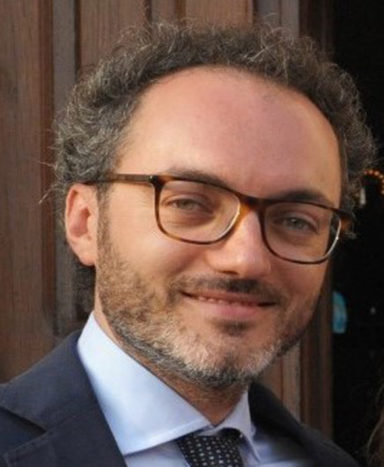
Giovanni Libralato is a researcher at the Department of Biology, University of Naples Federico II, with experience in environmental hygiene including aquatic (eco)toxicology, nano(eco)toxicology, toxicant effects on populations, factors modifying toxicity, water chemistry, wastewater treatment and water reuse, contaminated soil and sediment management and remediation, recovery and reuse of by-products. He is interested in assessing the effects of contaminants through the food chain specifically targeting humans. He is lecturer of Hygiene and Methods in Epidemiology. He received the national qualification for full professor. He is associate to CNR (INBB, Naples) and Stazione Zoologica Anton Dohrn (Naples). He authored more than 100 publications (> 65 papers are indexed in Scopus) and supervised more than 70 BSc/MSc/PhD thesis. He acts as a reviewer for more than 50 ISI journals and for the evaluation of national and European research projects. He is co-editor of the book “Nanotechnology for environmental remediation” (Springer). His main research products can be found in SCOPUS (ID: 14825276200), ORCID (0000-0001-8507-900X).
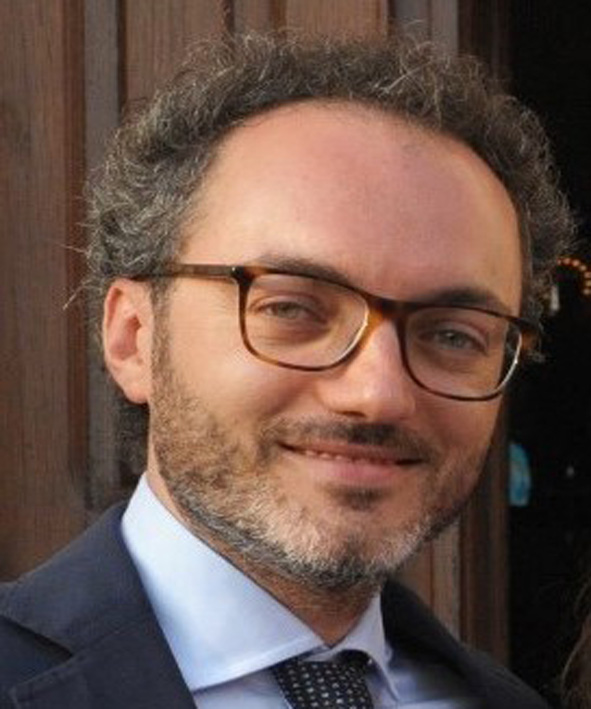
Giovanni Libralato is a researcher at the Department of Biology, University of Naples Federico II, with experience in environmental hygiene including aquatic (eco)toxicology, nano(eco)toxicology, toxicant effects on populations, factors modifying toxicity, water chemistry, wastewater treatment and water reuse, contaminated soil and sediment management and remediation, recovery and reuse of by-products. He is interested in assessing the effects of contaminants through the food chain specifically targeting humans. He is lecturer of Hygiene and Methods in Epidemiology. He received the national qualification for full professor. He is associate to CNR (INBB, Naples) and Stazione Zoologica Anton Dohrn (Naples). He authored more than 100 publications (> 65 papers are indexed in Scopus) and supervised more than 70 BSc/MSc/PhD thesis. He acts as a reviewer for more than 50 ISI journals and for the evaluation of national and European research projects. He is co-editor of the book “Nanotechnology for environmental remediation” (Springer). His main research products can be found in SCOPUS (ID: 14825276200), ORCID (0000-0001-8507-900X).
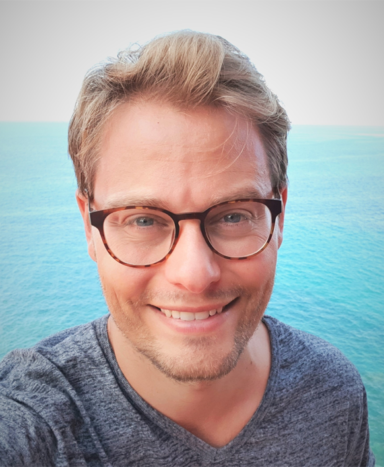
Marco Munari is a marine ecotoxicologist who’s main interests have always been biodiversity and how and when changes in the marine environment, directly or indirectly related to human activities, can affect marine organism’s responses. This is why he focused his research in fields such as marine ecology and ecotoxicology using different marine invertebrates as model species. He is convinced of the importance of combining evolutionary approaches with classic ecotoxicological ones in order to better anticipate threats to biodiversity. In the last years he has focused his attention on the study of the combined effects of ocean acidification and emerging contaminants on different life stages of marine invertebrates such as bivalves and echinoderms from the cellular to the organism’ levels, paying also attention whenever parental effects can buffer the detrimental effects due to environmental perturbations. He has recently become a full time researcher of the Stazione Zoologica Anton Dohrn and coordinator of the Villa Dohrn-Benthic Ecology Centre in Ischia (Naples), where he studies the possible adaptations of marine organisms to future climate changes scenarios by using the natural laboratories represented by the volcanic CO2 vents present along the coast of Ischia. He is a member of the European Society of Comparative Biochemistry and Physiology scientific board, authors of peer-review publications and reviewer for several ISI journals in the field of ecotoxicology. Tutor and supervisor of degree theses, PhD and post.doc students.
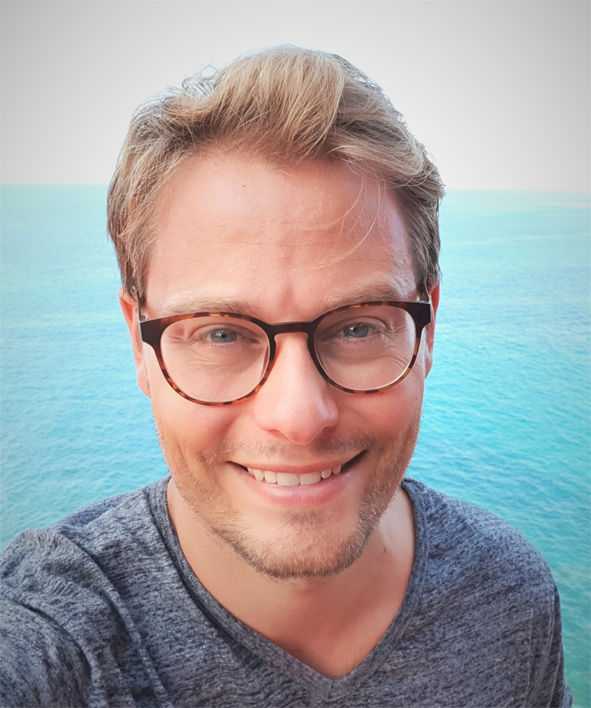
Marco Munari is a marine ecotoxicologist who’s main interests have always been biodiversity and how and when changes in the marine environment, directly or indirectly related to human activities, can affect marine organism’s responses. This is why he focused his research in fields such as marine ecology and ecotoxicology using different marine invertebrates as model species. He is convinced of the importance of combining evolutionary approaches with classic ecotoxicological ones in order to better anticipate threats to biodiversity. In the last years he has focused his attention on the study of the combined effects of ocean acidification and emerging contaminants on different life stages of marine invertebrates such as bivalves and echinoderms from the cellular to the organism’ levels, paying also attention whenever parental effects can buffer the detrimental effects due to environmental perturbations. He has recently become a full time researcher of the Stazione Zoologica Anton Dohrn and coordinator of the Villa Dohrn-Benthic Ecology Centre in Ischia (Naples), where he studies the possible adaptations of marine organisms to future climate changes scenarios by using the natural laboratories represented by the volcanic CO2 vents present along the coast of Ischia. He is a member of the European Society of Comparative Biochemistry and Physiology scientific board, authors of peer-review publications and reviewer for several ISI journals in the field of ecotoxicology. Tutor and supervisor of degree theses, PhD and post.doc students.
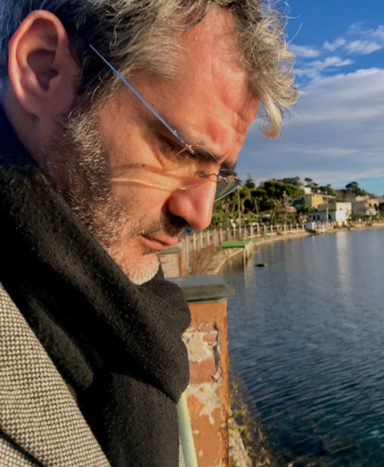
Luigi Musco is PhD in Fundamental Ecology and researcher at SZN since June 2016 for studying Biodiversity and Conservation of the marine environment. His research interests concern several aspects of marine biology with special focus on invertebrate biology, taxonomy and ecology with the BEF (Biodiversity and Ecosystem Functioning) approach with emphasis in the analysis of spatial and temporal patterns of distribution of invertebrate assemblages, biological trait analysis and interactions among key species. He is author of 42 peer-reviewed papers. He received the National Academic Qualification as Associate Professor in Zoology and Ecology. He is involved in the BIOBLUTECH project and he is the PI of ABBaCo “Restauro Ambientale e Balneabilità del SIN Bagnoli-Coroglio”; both the above mentioned projects deal with the assessment of the ecological status of polluted marine sites and include pilot studies of restoration and recovery of benthic habitats. He acted as supervisor and director of studies of numerous degree theses, 2 PhD students and post.doc researchers. On November 23rd 2018 he received the “Anton Dohrn Best Researcher Award 2018”.
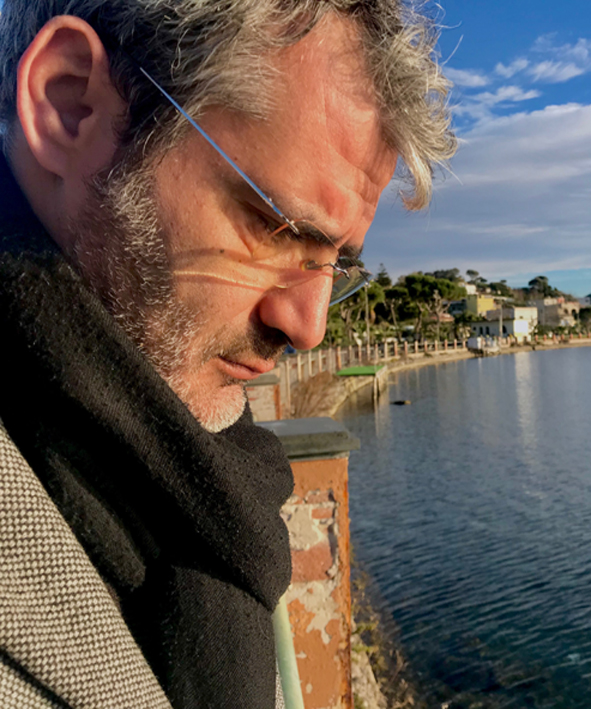
Luigi Musco is PhD in Fundamental Ecology and researcher at SZN since June 2016 for studying Biodiversity and Conservation of the marine environment. His research interests concern several aspects of marine biology with special focus on invertebrate biology, taxonomy and ecology with the BEF (Biodiversity and Ecosystem Functioning) approach with emphasis in the analysis of spatial and temporal patterns of distribution of invertebrate assemblages, biological trait analysis and interactions among key species. He is author of 42 peer-reviewed papers. He received the National Academic Qualification as Associate Professor in Zoology and Ecology. He is involved in the BIOBLUTECH project and he is the PI of ABBaCo “Restauro Ambientale e Balneabilità del SIN Bagnoli-Coroglio”; both the above mentioned projects deal with the assessment of the ecological status of polluted marine sites and include pilot studies of restoration and recovery of benthic habitats. He acted as supervisor and director of studies of numerous degree theses, 2 PhD students and post.doc researchers. On November 23rd 2018 he received the “Anton Dohrn Best Researcher Award 2018”.
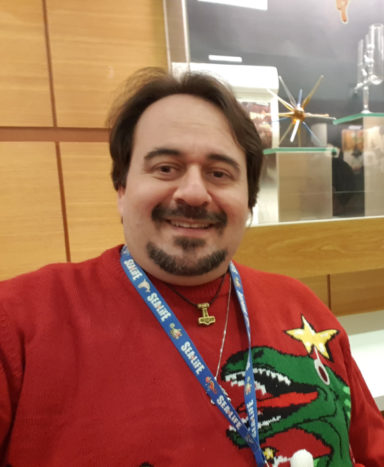
Marco Signore is palaeontologist and palaeobiologist, specialized in vertebrate taphonomy and mass mortality, and eco-ethology of predators; he authored several publications (that include a paper on Science and another on Nature) and books concerning the palaeontology of dinosaurs and the origin and evolution of marine life. Studying taphonomy and mass mortality has brought him to tackle the problem of ecotoxicology, especially applied to actuo- and palaeo-ecology of marine environments and on the so-called “fossil lägerstatten”, i.e., fossil sites with special preservational biases. Since 1991, he is deeply involved in science popularization and outreach, having organized several scientific exhibitions and museum projects. He is specialized on communication, with a special focus on how to communicate science, and on the creation and design of the Darwin-Dohrn Museum in Napoli, and citizen science with the co-development of an app to map the geographical distribution of cartilagineous fishes in the Mediterranean. He writes for several scientific and popular magazines and webzines, covering a broad range of subjects that go from marine biology to boardgames to archaeology of weapons and polemology, and with music and painting. He is also busy with on the description of several new genera of marine vertebrates and invertebrates from the Cretaceous of Pietraroja (Southern Italy) and with a taphonomic analysis of the victims of the 79 a.D. eruption in Herculaneum (Napoli).
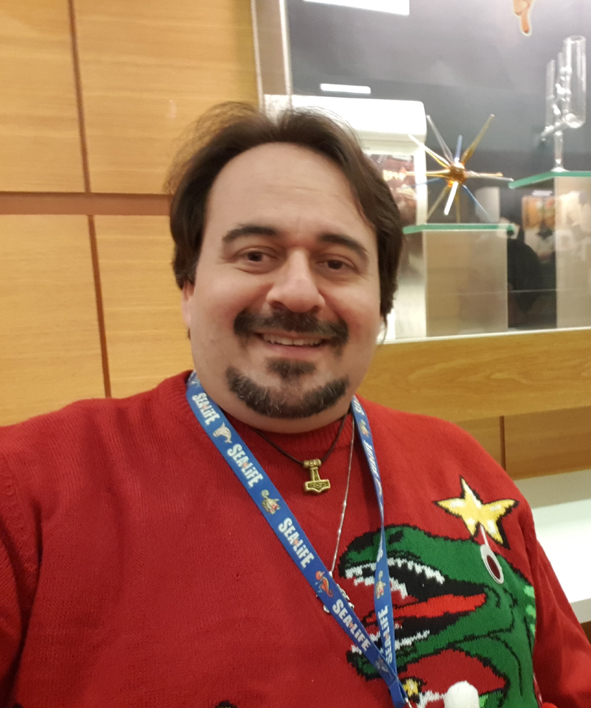
Marco Signore is palaeontologist and palaeobiologist, specialized in vertebrate taphonomy and mass mortality, and eco-ethology of predators; he authored several publications (that include a paper on Science and another on Nature) and books concerning the palaeontology of dinosaurs and the origin and evolution of marine life. Studying taphonomy and mass mortality has brought him to tackle the problem of ecotoxicology, especially applied to actuo- and palaeo-ecology of marine environments and on the so-called “fossil lägerstatten”, i.e., fossil sites with special preservational biases. Since 1991, he is deeply involved in science popularization and outreach, having organized several scientific exhibitions and museum projects. He is specialized on communication, with a special focus on how to communicate science, and on the creation and design of the Darwin-Dohrn Museum in Napoli, and citizen science with the co-development of an app to map the geographical distribution of cartilagineous fishes in the Mediterranean. He writes for several scientific and popular magazines and webzines, covering a broad range of subjects that go from marine biology to boardgames to archaeology of weapons and polemology, and with music and painting. He is also busy with on the description of several new genera of marine vertebrates and invertebrates from the Cretaceous of Pietraroja (Southern Italy) and with a taphonomic analysis of the victims of the 79 a.D. eruption in Herculaneum (Napoli).
Sponsored by
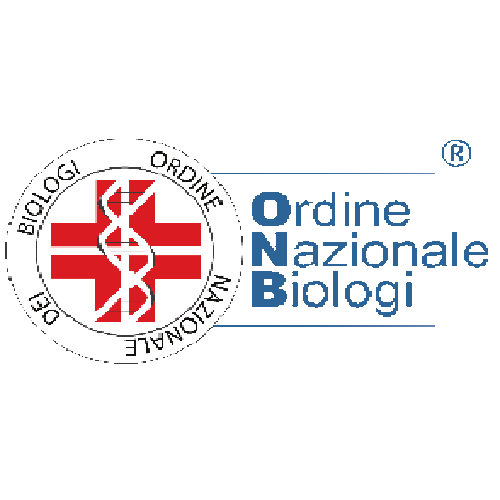
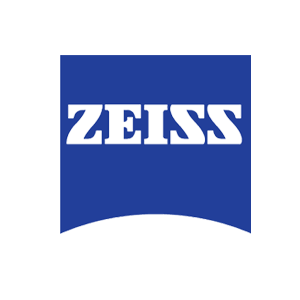
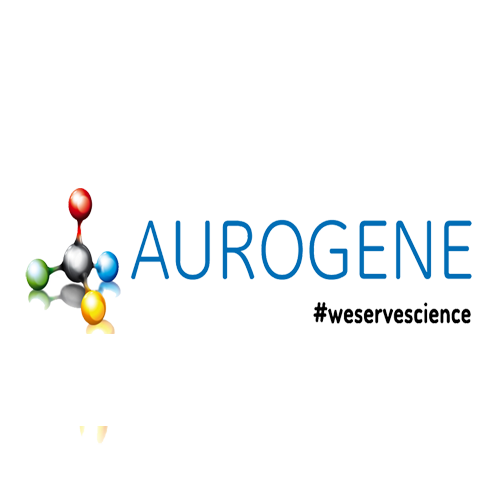
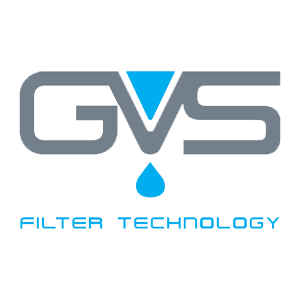

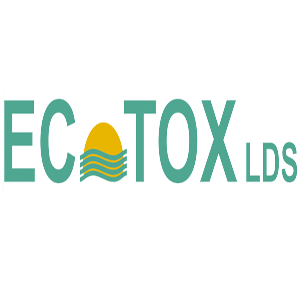
Contacts
- Phone+39 0815833233 <br />+39 0815833288
- Emailssme1@szn.it<br />tosti@szn.it<br />alessandra.gallo@szn.it
- AddressVilla Comunale 1, 80121 Naples, Italy
